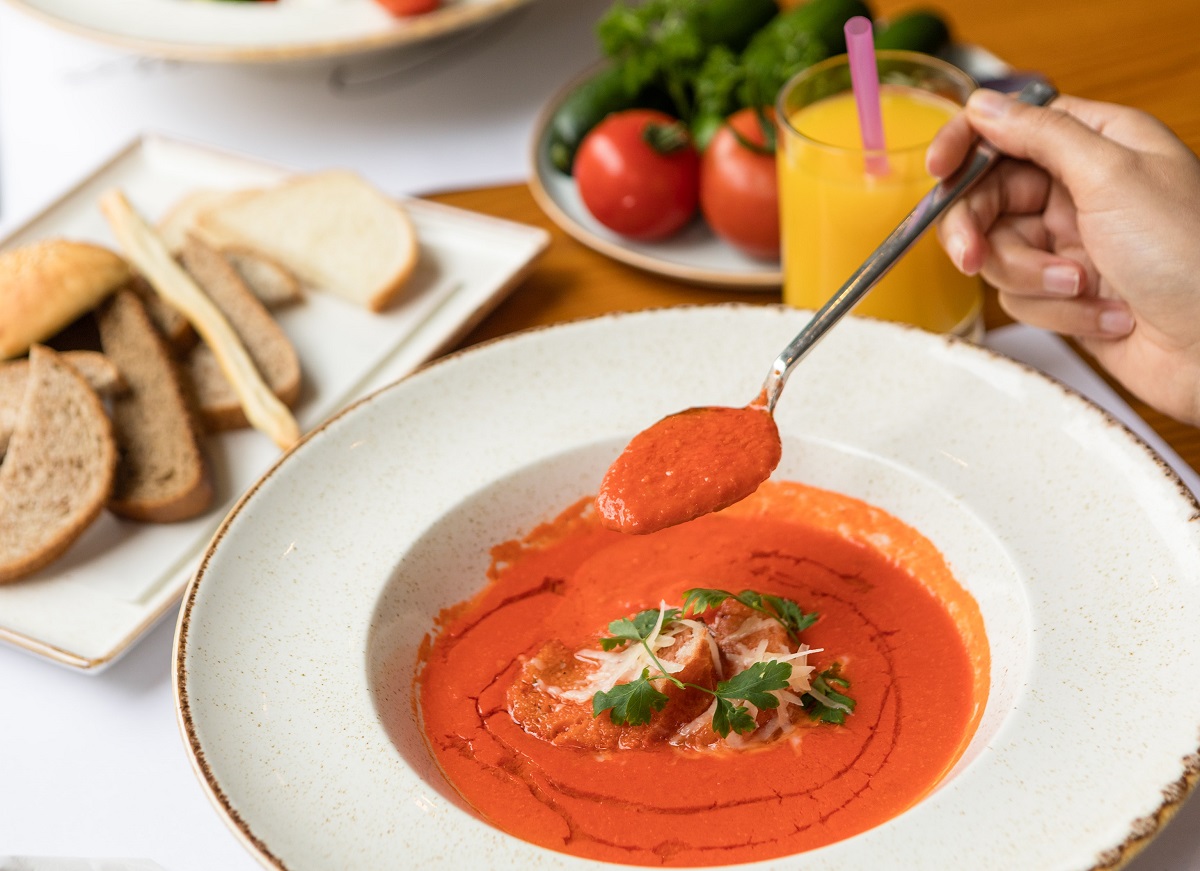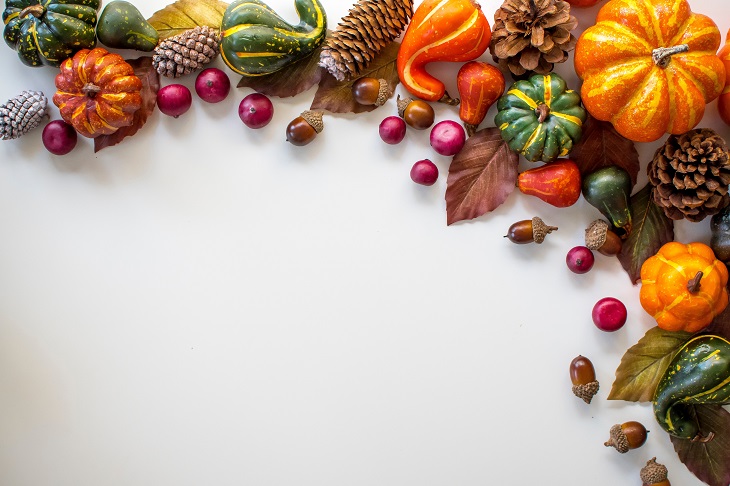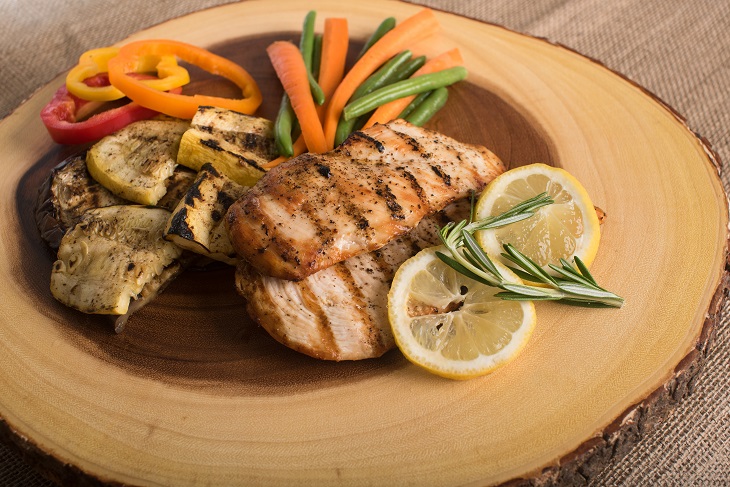THE DAILY DOSE
Winter Immunity Diet Guidelines

When many people think of a winter diet, their mind goes directly to warm comfort food. In some cases, such food is just that: comforting. However, it can also be full of not-so-good-for-you ingredients such as extra fats, excess carbohydrates, and sugar. Unfortunately, even if these types of foods taste good, they’re doing your body a disservice, especially when it comes to your immune health.
During the winter months, there are fewer things more important than keeping your immune system running optimally. With cold and flu season and the added concern of COVID-19, immune health this winter has never been more important. The good news is that even during the winter months you can do certain things to keep your immune system functioning at its best, keeping your body in fighting shape if you do happen to encounter a virus or other pathogen.
How can I boost my immune system in winter?
There are many things you can do during the winter months to keep your immune system ready for battle, so to speak. They include:
Exercise
Exercise has been proven to help boost immune function. While most types of exercise will do, it’s best to keep it at a moderate pace and do it regularly. This could include lifting weights for roughly 30 minutes a day or going for a walk brisk walk outside. The only thing you’ll want to avoid is pushing your body too far, because exercise that’s too intense has actually been shown to have negative effects.

Get enough sleep
In the winter months, your sleep schedule may be compromised due to a lack of sunlight during the day and what feels like less time to accomplish the things you need to do. But sleep and immunity go hand in hand, so it’s important that you get the right amount of quality sleep during the winter months to ensure your immune system is ready to go if faced with infection.
Reduce stress where possible
Stress isn’t always avoidable – it’s often just a part of life. The unfortunate thing about this is that stress can actually hinder your immune system’s ability to ward off infection. To make sure you have the strongest immune system possible during the winter months, you’ll want to practice stress reduction techniques as much as possible to keep your stress levels at bay. Why not try a yoga practice or meditation session to keep yourself calm?
Get enough vitamin D
Vitamin D is vital for immune health. But there’s less sunshine in the winter, and that means your body isn’t getting the same amount of vitamin D that it does the rest of the year. If you can’t get outside as much in winter because of where you live, you might want to supplement with vitamin D or ensure that your diet has a lot of vitamin D-rich foods to keep your levels up.
What should I eat to stay healthy in winter?
What you eat during the winter to stay healthy is very similar to what you need to eat all year round to keep your body in good shape. Wholefoods, nutrient-dense fruits and vegetables, and lean protein sources are all good options to keep your body in fighting shape.
The foods that are most important when it comes to a healthy and well-rounded winter diet include:
- Colorful fruits and vegetables: These have high levels of minerals, vitamins, and antioxidants. If you can’t get fresh fruit and veg, opt for frozen over canned, as frozen options retain much of their nutrients more effectively.
- Healthy fats: Healthy fats play a role in the cellular response and function of immune cells. Healthy fats in the diet can include olive oil, avocado, and salmon.
- Fermented foods: Fermented foods help keep the gut bacteria balanced, which is important for immune health. Some fermented foods to add to your diet include yogurt, sauerkraut, kimchi, and kefir.
- High-fiber foods: Wholegrains and legumes are great fiber sources. Fiber helps to keep the gut healthy, which in turn helps the immune system.
- Spices: Spices such as turmeric, black pepper, garlic, and ginger each possess their own immune-boosting properties.
- Lean means: Protein is vital for immune function, and lean meats are a great source.
As mentioned above, your body gets less vitamin D in the winter, so eating food that is high in vitamin D is also a great place to start for your winter immunity diet. Foods high in vitamin D include:
- Salmon, herring, and sardines
- Canned tuna
- Eggs
- Mushrooms
- Foods fortified with vitamin D such as orange juice, oatmeal, and some milks
When getting enough vitamin D through diet, you’ll always want to ensure that you’re getting enough calcium as well. Vitamin D is vital for calcium absorption in the body, so if you aren’t getting enough of it, your body won’t be able to absorb the calcium you do eat – which is not a good thing, because both these elements are important for immune health.

The immune system relies heavily on various nutrients to ensure that it runs properly. These include:
- Vitamin C
- Vitamin D (as mentioned above)
- Zinc
- Selenium
- Iron
- Protein
To ensure you’re getting enough of each, try to make sure you’re eating some or all of the aforementioned foods. For example, lean meats can provide you with a good amount of protein, zinc, selenium, and iron. Good choices would be lean beef, turkey, chicken, shrimp, lobster, or fish. Vitamin C can be found in colorful fruits and vegetables, which you can serve alongside your protein.
You also want to make sure you’re staying hydrated in winter. While it can be tempting to stick to hot cocoa and other warm winter beverages, plain water is best. If you do wish to have a warm drink, try mixing warm water with lemon and honey for the perfect winter beverage to help you stay warm and hydrated.
The secret to a winter diet that’s good for your immune system? Getting all the important nutrients the body needs all year round. Happy cooking!
Featured image by Farhad Ibrahimzade on Unsplash